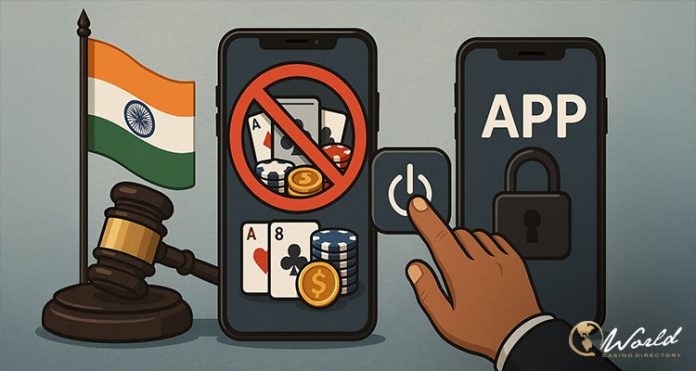India’s Parliament has passed the Promotion and Regulation of Online Gaming Bill, 2025, introducing a nationwide ban on money-based online games while formally recognizing and promoting e-sports. The legislation, which only awaits presidential assent to become law, marks a major shift in India’s digital gaming environment and carries serious implications for a sector valued at billions of dollars.
Ban on Money-Based Games and Heavy Penalties
The newly approved bill prohibits online platforms that offer real-money games, along with any advertisements or financial transactions tied to them. Federal IT Minister Ashwini Vaishnaw emphasized the bill’s focus on protecting consumers, saying, “It is the duty of the government and the parliament to take strict action against social evils, which keep erupting time and again.”
The law specifies that service providers, advertisers, and financial backers of these platforms will face stringent penalties, including imprisonment of up to three years and fines of up to ₹1 crore for operating or facilitating such games. Advertising money-based games could result in two years of imprisonment or fines up to ₹50 lakh. Financial transactions linked to these games carry the same maximum penalties as operating the platforms, with repeat violations facing harsher sentences of up to five years in prison and fines reaching ₹2 crore. Offenses will be treated as cognizable and non-bailable, and authorities will have the power to investigate and seize both digital and physical property involved.
According to Reuters, this decision has sent shockwaves through India’s thriving fantasy gaming industry, which has drawn billions in foreign investment from firms like Tiger Global and Peak XV Partners. Dream11, a fantasy cricket platform valued at $8 billion, and Mobile Premier League, worth $2.3 billion, are among the major players affected. Industry insiders warn of looming job losses and the potential collapse of numerous gaming startups.
Despite these concerns, the government maintains that the ban addresses critical issues, including gambling addiction, financial losses, and the risk of criminal activities such as money laundering and terror financing.
Boost for E-Sports and Social Games
While money-driven platforms face prohibition, the bill introduces robust support for e-sports and non-monetary social gaming. E-sports are now defined as skill-based, competitive games played under recognized rules, distinguishing them from gambling-style offerings.
To regulate and promote this growing sector, the law establishes the National e-Sports Authority, which will oversee the industry, ensure fair play, and register social games. The authority will collaborate with state governments, set safety and compliance standards, and help integrate e-sports into local policies. Officials anticipate that this framework will attract foreign investment, generate jobs, and position India as a hub for international tournaments.
The Secretary of the Ministry of Electronics and IT, S Krishnan, noted that while the new regulations could lead to annual GST revenue losses estimated at ₹15,000–20,000 crore, social protection is the primary objective. “I think when the government has a larger social objective in mind, I think revenue loss is not the primary consideration,” Krishnan explained.
He added that the government is working on drafting the rules under the bill and setting a date for its enforcement, with some provisions expected to take effect immediately once presidential approval is granted.
Gaming firms are consulting with legal experts to explore the possibility of challenging the law in the Supreme Court. Industry representatives argue that there was insufficient consultation during the bill’s development and claim that certain skill-based games, such as poker, should not be grouped with gambling activities.
Despite these disputes, the bill reflects a clear policy direction: promoting a regulated, socially responsible gaming environment while shutting down operations that pose financial and psychological risks to players.
